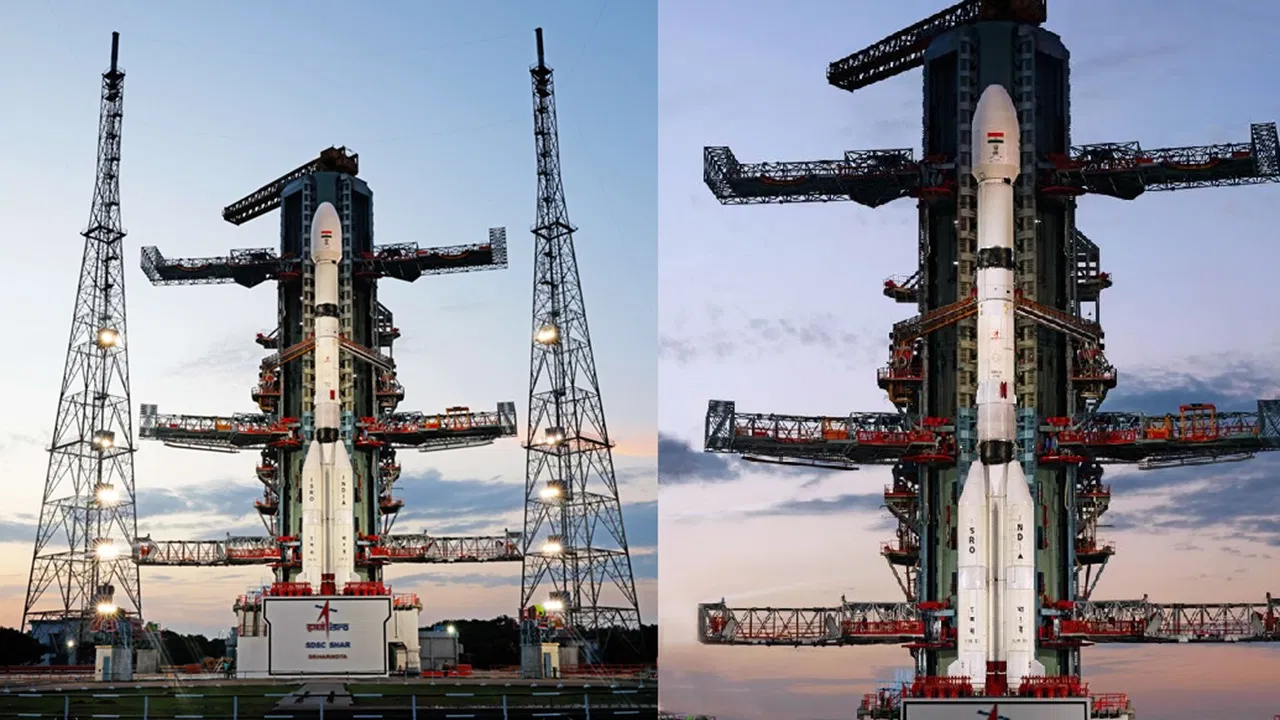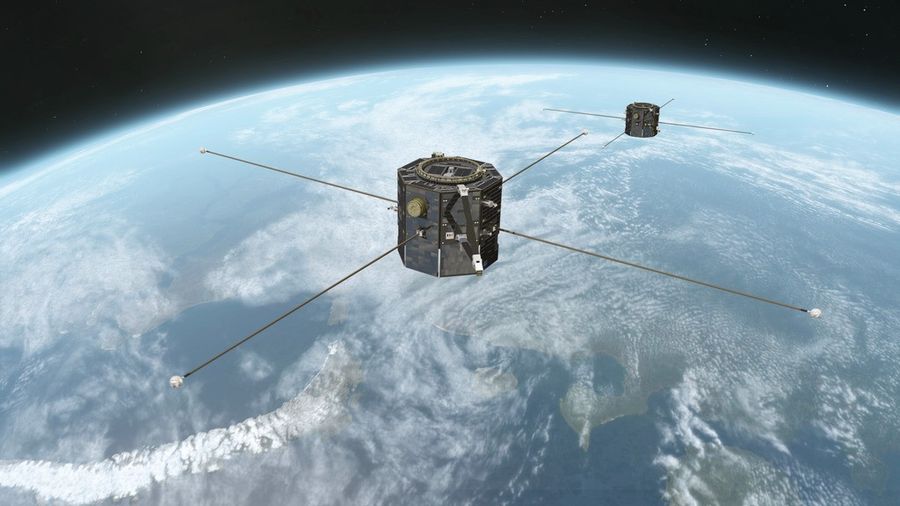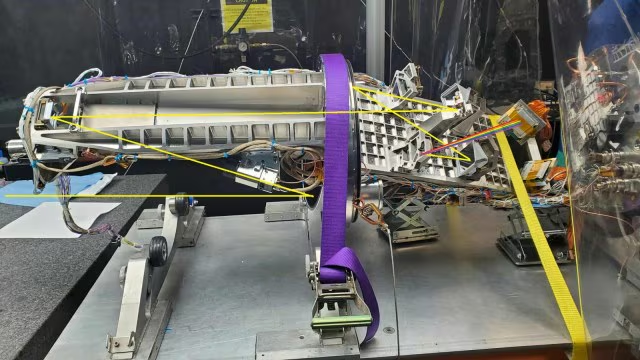



Air India has introduced Wi-Fi connectivity on select domestic and international flights, enhancing passenger experience. The service is available on Airbus A350, Boeing 787-9, and select A321neo aircraft. Users can access Wi-Fi by enabling it, connecting to the 'Air India Wi-Fi' network, and entering their PNR.

Copyright infringement not intended
Picture Courtesy: INDAIN EXPRESS
Air India has launched Wi-Fi internet connectivity services on selected domestic and international flights.
Air India has become the first Indian airline to offer Wi-Fi connectivity on domestic and international flights to enhance passenger experience.
Air India will provide Wi-Fi connectivity on its Airbus A350, Boeing 787-9, and select Airbus A321neo aircraft. These aircraft are equipped with the necessary hardware for onboard internet.
Passengers can access Wi-Fi by enabling Wi-Fi on their devices, connecting to the ‘Air India Wi-Fi’ network, and entering their PNR (Passenger Name Record) number and last name on a redirected portal.
Air-to-Ground Technology (ATG) uses antennae mounted on the aircraft to connect to ground-based cellular towers to offer stable connectivity unless flying over large water bodies or areas with sparse ground towers.
Satellite-based connectivity uses antennae on the aircraft to communicate with satellites, which then relay signals to ground stations to offer broader coverage, especially in remote areas like oceans, making it increasingly popular due to its reliability.

In-flight Wi-Fi works by connecting passengers’ devices to Wi-Fi antennae within the aircraft.
Signals from these antennae are sent to an onboard server, which then transmits them either to a satellite (in the case of satellite-based systems) or to ground-based cellular towers (in ATG systems).
The response signals travel back to the aircraft, completing the communication loop.
In-flight Wi-Fi is slower than ground internet due to the limitations of signal transmission and the technology involved, however, improvements in technology, especially in satellite communication are improving the speed and trustworthiness of in-flight internet.
Installing Wi-Fi on aircraft is costly and complex. Airlines must install antennae on planes, which can disrupt operations, especially when retrofitting older aircraft.
Air India is investing $400 million in retrofitting its older fleet to add Wi-Fi during an overhaul. Currently, the Wi-Fi service is available on newer aircraft, which already have the required hardware.
Globally, airlines offer a limited amount of free Wi-Fi before charging passengers for additional data packs, which can be expensive.
Some airlines also provide free Wi-Fi or unlimited access to loyalty members and business class passengers.
Air India is following a similar approach by offering free Wi-Fi during a limited initial period but has not yet announced when charges will apply.
Must Read Articles:
PRIME MINISTER WI-FI ACCESS NETWORK INTERFACE (PM WANI) SCHEME
Source:
|
PRACTICE QUESTION Q.Consider the following statements: 1. Air India is the first airline in India to provide Wi-Fi on domestic flights. 2. In-flight Wi-Fi systems provide Internet access via Bluetooth and 4G technologies. Which of the above statements is/are correct? A) 1 only B) 2 only C) Both 1 and 2 D) Neither 1 nor 2 Answer: A Explanation: Statement 1 is correct: Air India is the first Indian airline to provide Wi-Fi internet connectivity services on domestic and international flights operated by a select number of its aircraft. Statement 2 is incorrect: In-flight Wi-Fi systems use either air-to-ground (ATG) or satellite-based connectivity. Bluetooth and 4G are not used for in-flight internet services. |






© 2025 iasgyan. All right reserved